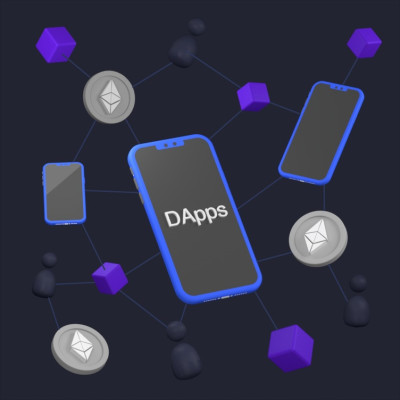DApps
English
Last updated
Tue, 20-May-2025
Smart Contracts & Decentralized Applications (DApps) are key innovations enabled by blockchain technology, offering automation, decentralization, and trustless systems.
Smart Contracts: Self-executing contracts with terms written into code. They run on blockchain networks like Ethereum and execute automatically when predefined conditions are met. Characteristics include autonomous execution, trustless transparency, immutability, and self-enforcement. They are commonly used in escrow services, ensuring conditions are met before releasing funds.
DApps: Applications running on decentralized networks (typically blockchain) rather than centralized servers. They are open-source, tokenized, and immutable. DApps use smart contracts for business logic and can be found in sectors like decentralized finance (DeFi), gaming, supply chain tracking, and social networks.
Benefits of these technologies include reduced costs, speed, efficiency, security, transparency, automation, and global accessibility.
However, there are challenges such as complexity, scalability, legal/regulatory issues, and user adoption.
The future of smart contracts and DApps may involve enterprise adoption, interoperability across different blockchains, and improved user experiences, contributing to a more decentralized internet (Web3). These technologies open up new possibilities for automation, decentralization, and trustless systems, transforming various industries such as finance, gaming, and supply chain management.




